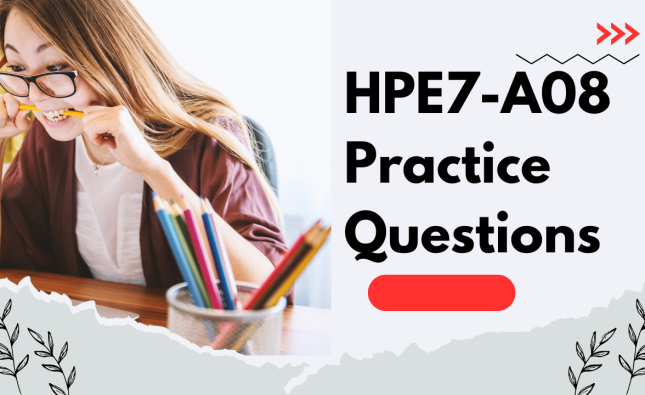
Introduction:
YouTube, the popular video-sharing platform, has recently revised its policy regarding the presence of videos that deny the results of elections. This move has sparked a contentious debate about the delicate balance between free speech and the spread of misinformation. In this article, we delve into YouTube’s policy revision, examine the arguments from both sides, and explore the broader implications for online content moderation.
YouTube’s Policy Revision:
YouTube’s decision to revise its policy on election result denial videos marks a notable change in its approach to content moderation. Previously, the platform had taken steps to combat misinformation and ensure the dissemination of accurate information. However, this revision reflects a shift in focus, with YouTube placing a stronger emphasis on protecting freedom of expression and allowing a wider range of viewpoints.
The Clash Between Free Speech and Misinformation:
The debate surrounding YouTube’s policy revision revolves around the tension between protecting free speech and combating the spread of misinformation. Proponents argue that allowing election result denial videos is essential to safeguarding the principle of free expression, even if the content is factually incorrect. They maintain that individuals should have the right to express dissenting opinions, and it is up to the viewers to critically evaluate the information presented.
On the other hand, critics contend that permitting the presence of election result denial videos undermines the integrity of democratic processes and contributes to the spread of misinformation. They argue that YouTube has a responsibility to combat false narratives, particularly when they have the potential to manipulate public opinion and erode trust in democratic institutions.
The Challenges of Content Moderation:
YouTube’s policy revision highlights the complex challenges faced by tech companies in content moderation. As the primary gatekeepers of online information, these platforms must strike a balance between maintaining open platforms for expression and preventing the dissemination of harmful or false information. YouTube’s decision has reignited calls for clearer guidelines, more robust fact-checking measures, and increased transparency in content moderation practices.
The Role of Responsibility and Accountability:
The revised policy by YouTube raises important questions about the responsibility and accountability of tech companies in shaping public discourse. While freedom of expression is a fundamental right, the impact of false information on public perception and democratic processes cannot be ignored. YouTube and other platforms are under scrutiny to strike a balance that protects free speech while upholding the integrity of information shared on their platforms.
Conclusion:
YouTube’s policy revision on election result denial videos has ignited a heated debate about the boundaries of free speech and the spread of misinformation. Striking the right balance between protecting freedom of expression and combating false narratives poses significant challenges for tech companies. As the conversation continues, it is imperative to explore innovative approaches to content moderation that ensure the responsible dissemination of information while upholding democratic values. Achieving this delicate balance will require ongoing dialogue, collaborative efforts, and a commitment to transparency and accountability in the digital age.










